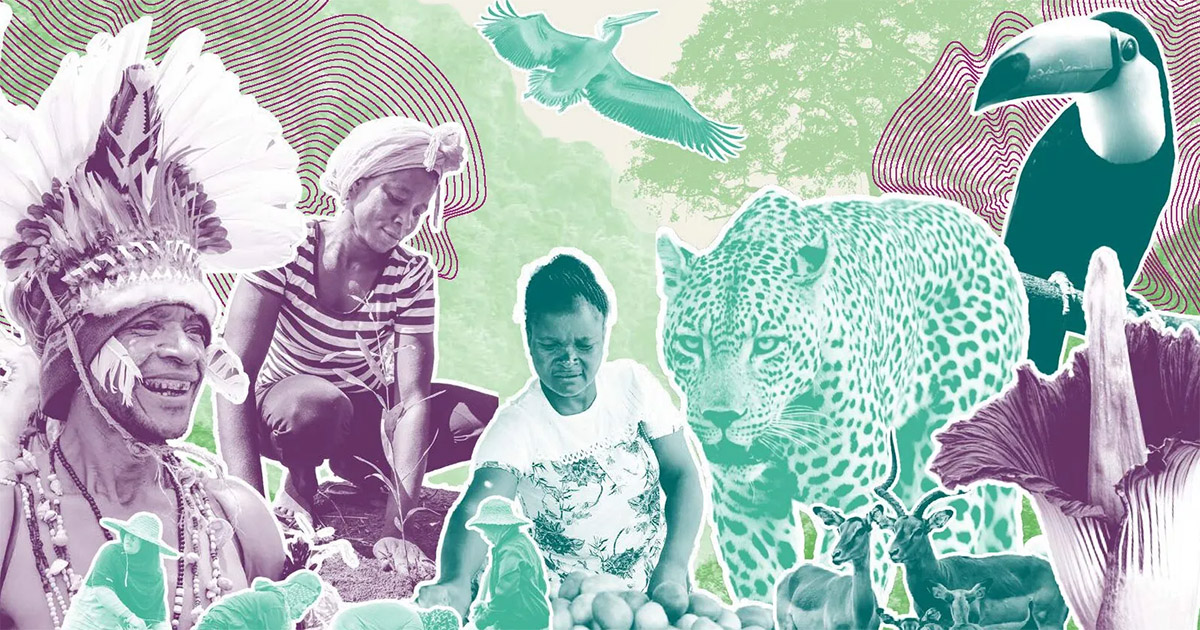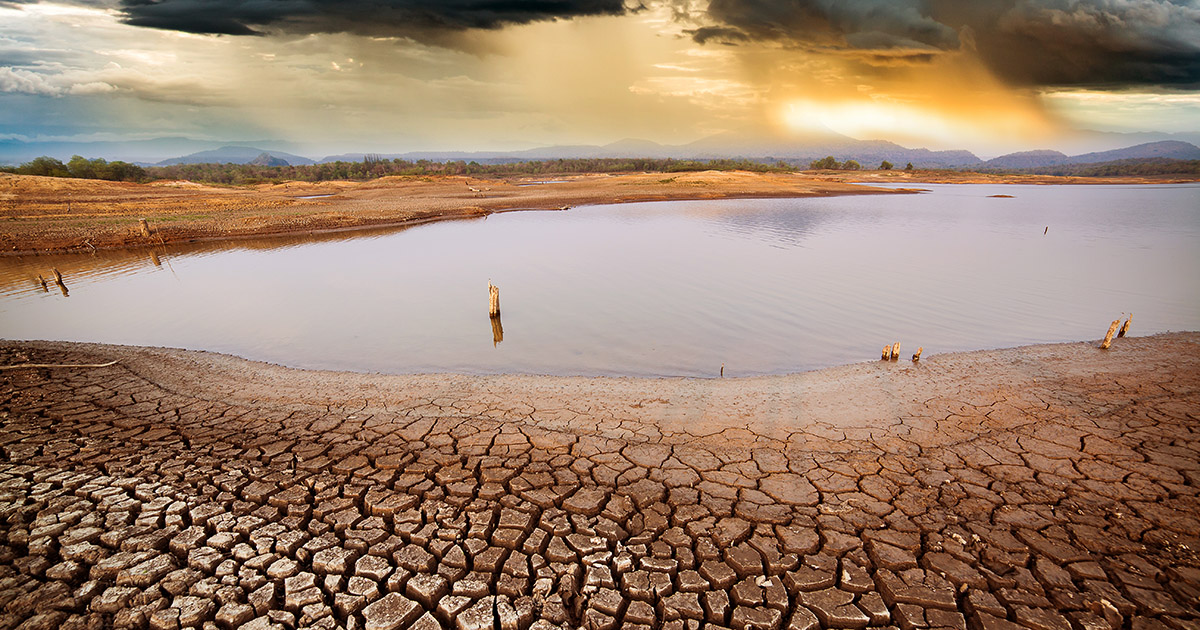This document is not a manual; it is a collection of lessons learned from a number of participatory research tools, used in a logical manner, tested and refined which helped researchers and practitioners from diverse backgrounds to explore the vulnerability of local populations to climate variability and change, while strengthening their capacity building. Many tools used were borrowed from participatory research appraisal (PRA), others were developed, tested and readjusted by CIFOR and SEI researchers with extensive experience in the development of research tools in social science and in the relationship of humans to nature and the environment.
Download:
DOI:
https://doi.org/10.17528/cifor/005463Dimensions Nombre de citations:
Année de publication
2015
Auteurs
Tiani, A.M.; Besa, M.C.; Devisscher, T.; Pavageau, C.; Butterfield, R.; Bharwani, S.; Bele, M.Y.
Langue
English
Mots clés
climate change, vulnerability, social interaction, research support
Géographique
Cameroon, Central African Republic, Democratic Republic of the Congo, Equatorial Guinea, Gabon



















